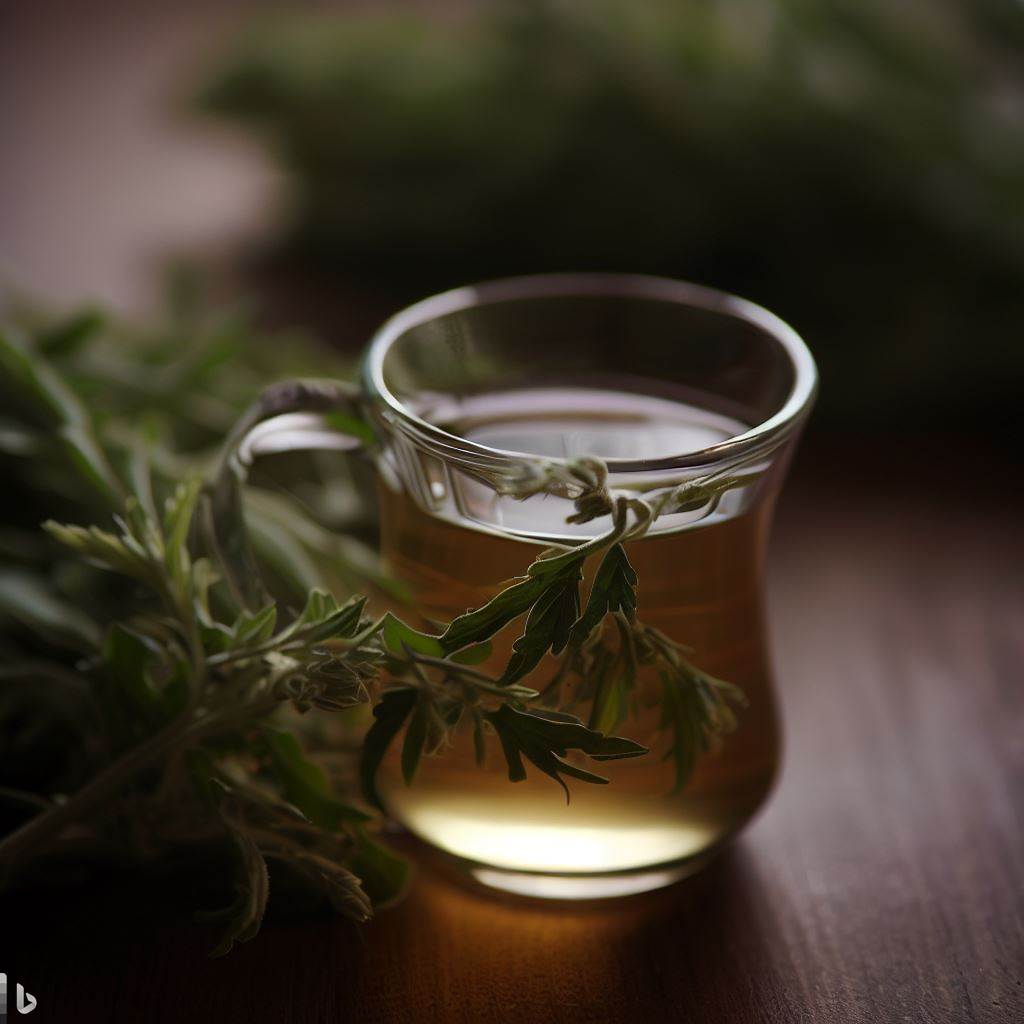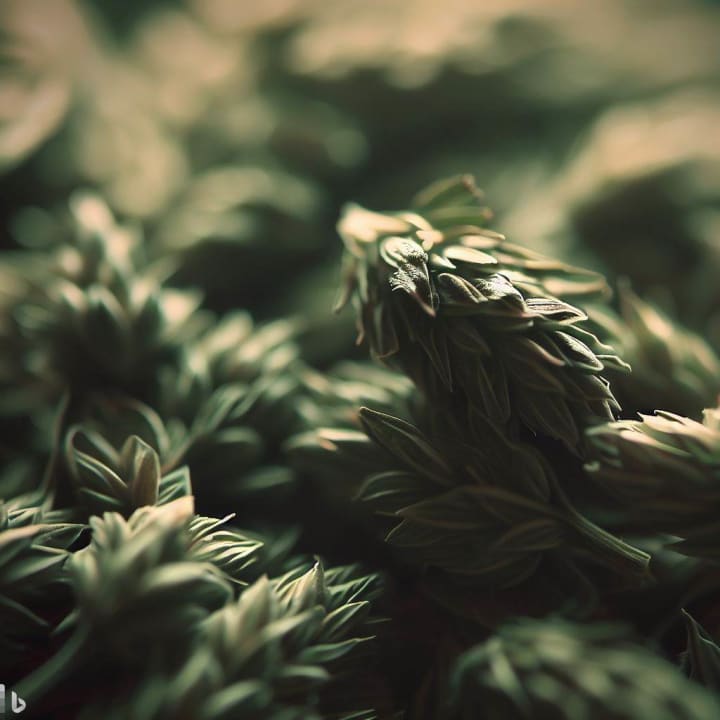Mugwort. A fantastic weed
"Sailor's tobacco"

Mugwort: A Versatile Herb with Many Benefits
Mugwort (Artemisia vulgaris) is a perennial plant that grows in many parts of the world, especially in Europe, Asia, and North America. It has a long history of use as a medicinal and magickal herb, as well as a culinary and craft ingredient. In this blog post, we will explore some of the properties and uses of mugwort, and how you can incorporate it into your daily life.

What is Mugwort?
Mugwort is a member of the aster family, which includes other herbs like chamomile, wormwood, and sage. It has green-gray leaves that are fuzzy on the underside, and small yellow or white flowers that bloom in late summer. The plant can grow up to six feet tall and spreads easily by seeds and rhizomes. Mugwort has a strong aromatic scent that is similar to sage or chrysanthemum.
Mugwort has many common names, such as artemisia, hierba de San Juan, vulgaris herba, felon herb, St. John's plant, sailor's tobacco, and chrysanthemum weed.
Some of these names reflect its traditional uses and associations. For example, mugwort was considered a sacred herb by the ancient Greeks and Romans, who named it after the goddess Artemis, the patron of hunting, childbirth, and the moon. Mugwort was also believed to protect travelers from fatigue, sunstroke, wild animals, and evil spirits.
In medieval Europe, mugwort was worn by St. John the Baptist as a girdle to relieve stomach pain. Mugwort was also used as a substitute for tobacco by sailors and soldiers.

Mugwort Benefits
Mugwort has a wide range of benefits for both physical and mental health. Some of the most common benefits are:
- Relieving stress: Mugwort has a calming effect on the nervous system and can help reduce anxiety, depression, insomnia, and nervous tension.
- Boosting energy: Mugwort can stimulate the circulation of blood and qi (vital energy) in the body and can help overcome fatigue, weakness, and lethargy.
- Improving sleep: Mugwort can enhance the quality and quantity of sleep by inducing relaxation and promoting lucid dreaming . Mugwort can also help with dream recall and interpretation.
- Relieving an itch: Mugwort has antifungal and antibacterial properties that can help treat skin infections, wounds, insect bites, eczema, psoriasis, and other skin conditions .
- Relieving headaches: Mugwort can ease headaches caused by stress, tension, sinusitis, or menstrual cramps by relaxing the muscles and blood vessels in the head.
- Supporting liver health: Mugwort can detoxify the liver and improve its function by stimulating bile secretion and preventing liver damage caused by toxins or alcohol.

- Easing digestion problems: Mugwort can aid digestion by stimulating appetite, increasing saliva production, relieving gas, bloating, nausea, vomiting, diarrhea, constipation, colic, and ulcers.
- Repelling insects: Mugwort can repel mosquitoes, flies, moths, fleas, and other insects by emitting a strong odor that they dislike . Mugwort can also be used to make insect repellent candles or sprays.
- Relieving muscle aches: Mugwort can soothe muscle pain.
Steep in hot water and drink as a tea before going to bed. Sometimes it promotes prophetic dreams. You'll know if it happens, Mugwort dreams are nothing like regular dreams. Enjoy!






Comments
There are no comments for this story
Be the first to respond and start the conversation.